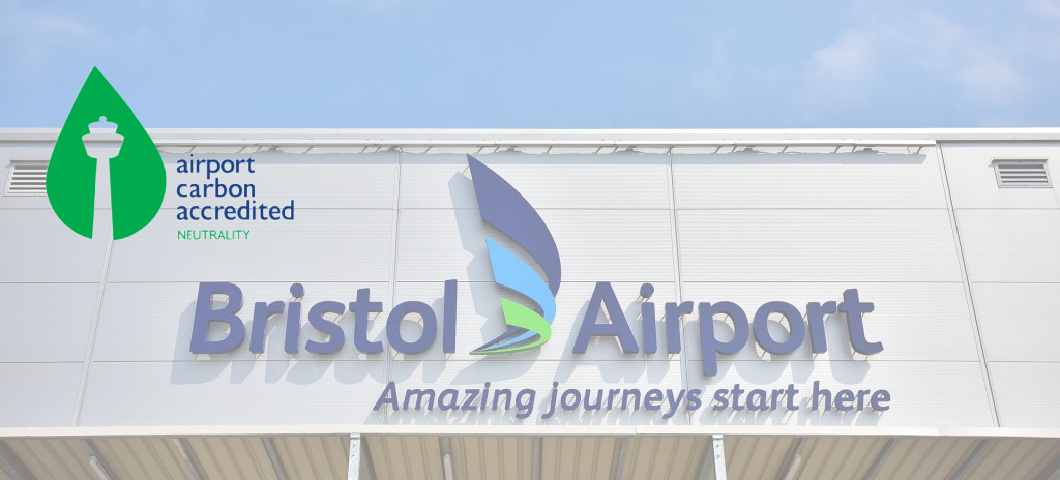
Bristol Airport becomes carbon neutral
Bristol Airport has met all the requirements to upgrade to Level 3+ Neutrality of Airport Carbon Accreditation, de facto becoming a carbon neutral airport.
Bristol Airport had set a target of carbon neutral operations by 2025, but has achieved this target four years ahead of schedule. It is a major step forward in the airport’s next aim to achieve net zero operations by 2030, where emissions will be reduced as much as technology allows, with any small remainder being removed from the atmosphere.
Back in summer 2021, Bristol Airport announced its aim to achieve net zero operations by 2030. Bristol Airport made three key commitments to be a net zero airfield, with net zero buildings and operate a net zero fleet of vehicles.
Earlier this year (2021), Bristol Airport launched a brand-new Innovation Fund to kick start and fast track decarbonisation initiatives in the South West. The £250,000 Aviation Carbon Transition (ACT) Programme provided an opportunity for organisations and businesses to apply for grants of up to £50,000 to help develop technology that could help the aviation industry transition to zero carbon emission flight.
Bristol Airport announced a recent partnership with easyJet to decarbonise ground operations. This UK first trial resulted in a 97 per cent reduction in CO2 emissions using the daily data produced throughout the month of September 2021. This was a result of using electric powered ground equipment instead of diesel. In autumn 2021, Bristol Airport hosted business leaders for an event to focus on the development of an ecosystem for hydrogen in the region. The event joined forces with several companies to collaborate and form a consortium to look at the possibilities for creating the infrastructure that will serve the needs of hydrogen as a critical source of zero-carbon fuel in the decades ahead.
In autumn 2021, Bristol Airport hosted business leaders for an event to focus on the development of an ecosystem for hydrogen in the region. The event joined forces with several companies to collaborate and form a consortium to look at the possibilities for creating the infrastructure that will serve the needs of hydrogen as a critical source of zero-carbon fuel in the decades ahead.



